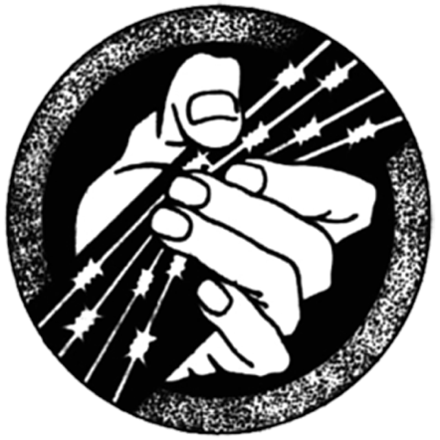Filed Under: Performance > Musical > “Rock Against Terror”
“Rock Against Terror”

On 6 April 1991, a not-for-profit concert took place at Moscow's Krylya Sovetov Stadium. It was initially conceived by Garik Sukachev (1959-), lead singer of the rock band Brigada S., аs а protest against police brutality, by which Sukachev and his friend Aleksandr F. Skliar (1958-) of the band VaBank had been personally victimized. Soon, however, the festival grew into an expression of opposition to all forms of state-organized terror, whether domestic or international, political, social, or psychological.
“Rock Against Terror” became known for its anti-war position and was one of the first unified activist efforts on the part of the Russian rock music community. The festival received organizational support from the ViD television production company, the newspaper Komsomolskaya pravda, and Moscow’s Fili Cultural Center. Lasting eight hours, it featured fourteen major Soviet rock bands, including Alisa, DDT, Nautilus Pompilius, and Auktsyon, among others.
During the press conference organized for the event, Vladimir Vesyolkin (1961-) of Auktsyon distributed a petition that called for the decriminalization of homosexuality in the USSR, which gathered many signatures, including from ViD founder Vladislav Listyev (1956-1995). A made-for-television version of the concert, which included interviews with musicians and audience members, was produced by ViD and dominated the airwaves on Russian central television after the failure of the August 1991 putsch.
With the notable exception of Yuri Shevchuk (1957-) of DDT, many of the original festival participants grew more conservative in their political views over the course of the post-Soviet period, marking Rok protiv terrora as one of few truly ecumenical actions by the rock music community. In later interviews, even Sukachev has downplayed the event’s ultimate significance, arguing that, due to the USSR’s economic collapse and the rapid inflation that followed, the concert failed to raise enough funds to make a real difference.